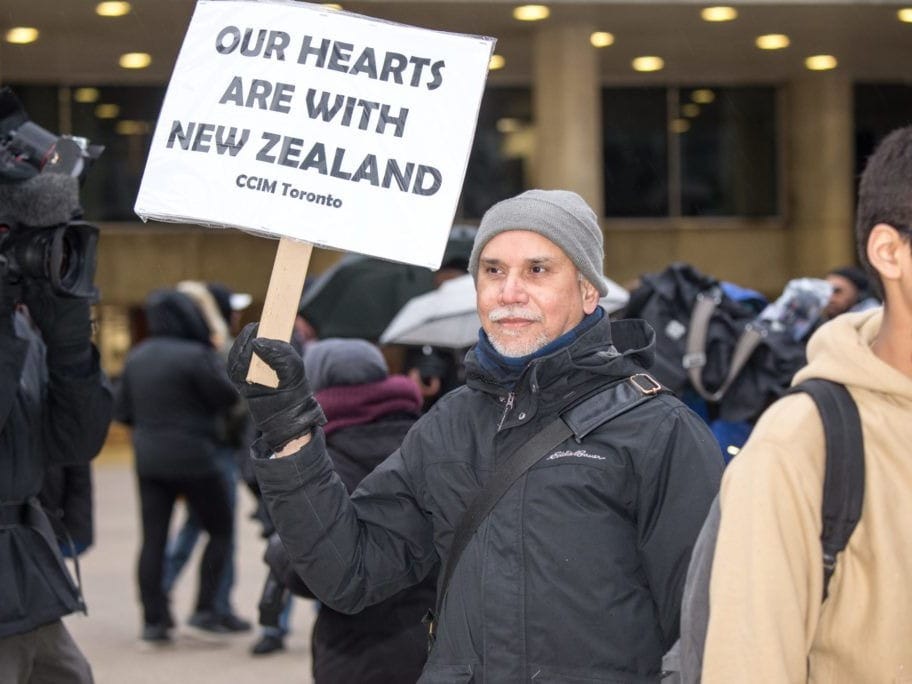UNITED NATIONS (AN) — A global task force set up by some of Silicon Valley's biggest social media companies to fight online extremism announced it will become an independent watchdog organization led by an executive director and governed by an operating board.
The Global Internet Forum to Counter Terrorism, or GIFCT, said it is "evolving and institutionalizing" from a consortium of member companies into a new structure that is supported by dedicated technology, counterterrorism and operations teams.









